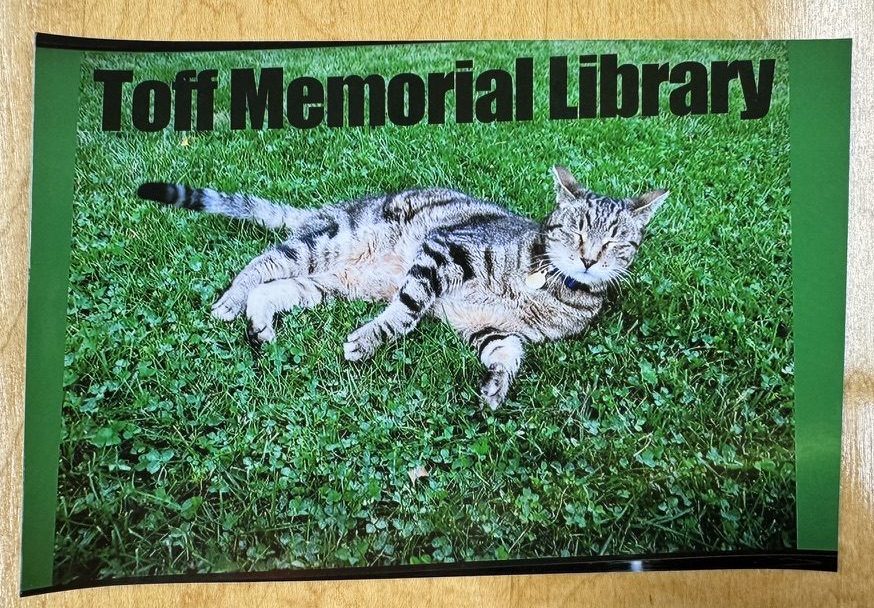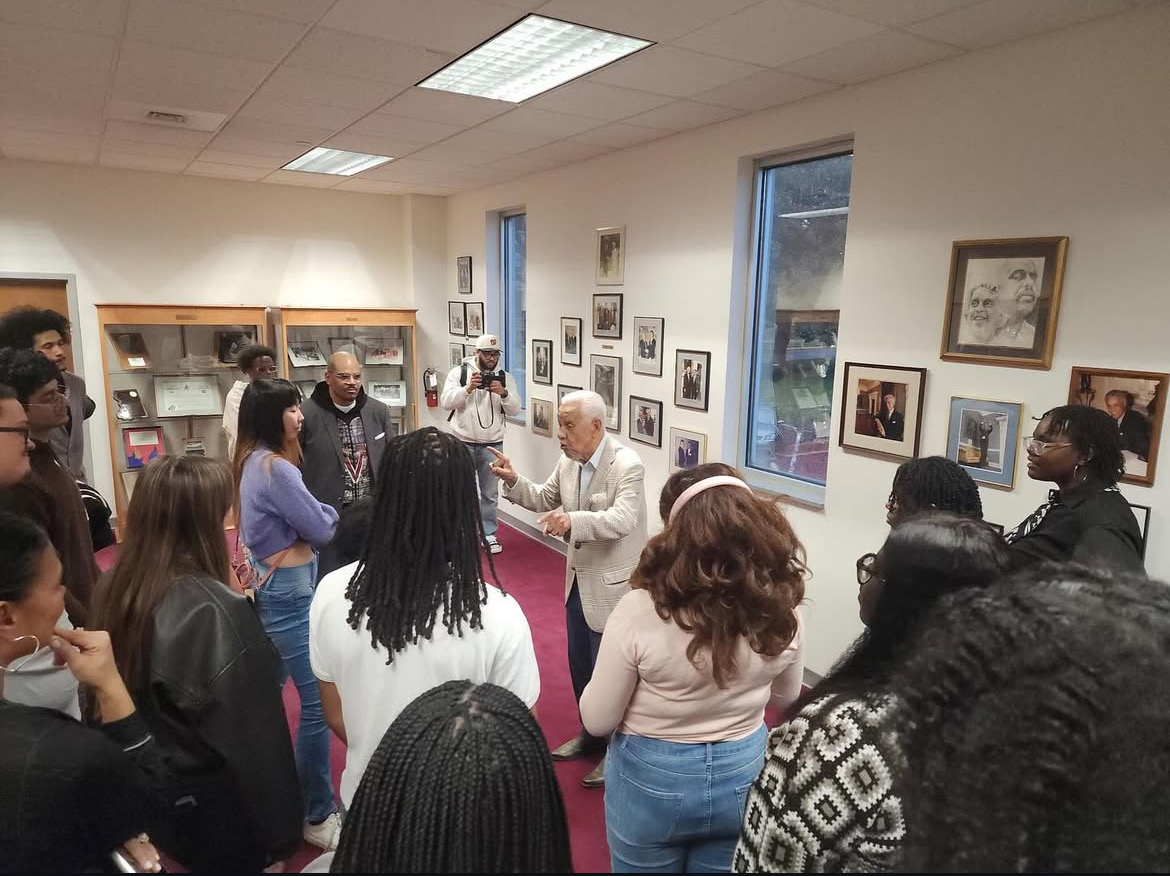I have delayed starting this letter many times, in the (perhaps selfish) hope that someone else, better-qualified than I to speak on this topic, would come forward. I only write this now knowing that I would never be able to forgive myself for staying silent during an ongoing genocide. If the tragedy of the Shoah has taught us anything, let it be this: to speak on behalf of those who can no longer advocate for themselves is a necessity. Silence is compliance. And I, personally, do not intend to repeat the mistakes of the past.
Gaza is a narrow strip of land on the edge of the Mediterranean, and has a population of around 2.3 million people. Of these 2.3 million, about half are children. To put this into perspective, when Hamas came into power during the most recent election in 2006, the majority of the current population of Gaza would not have been allowed to vote, if they were even born. We act as though Hamas is a legitimate representative of the majority opinions of the Palestinian people living in Gaza, even though only about 17.4% of the current population actually voted for Hamas.
Regardless of what percentage of the population in Gaza actually supports Hamas, I do not believe that Israel’s current actions are justifiable. Although Israel’s stated aim is to go after Hamas specifically, they clearly see no problem in murdering thousands of Palestinian civilians in order to achieve their goal. This is the same type of justification used as the impetus for many previous genocides.
Do I fear the antisemitic backlash that will surely spring from this conflict? Yes, but not for the reasons one might suppose. I am distinctly reminded of another colonial conflict — the 1916 Easter Rising in Dublin. Although the initial rebellion of a relatively small group of Irish radicals against the UK was unsuccessful, it was crushed so brutally by the British that popular opinion in Ireland turned decisively against them, paving the way for the Irish War of Independence in 1921. There are clear parallels between this situation and that of the Palestinians currently. I bring this up as a cautionary tale. The eyes of the world are watching Israel, and, whether we like it or not, this will affect the way in which Jews are perceived and treated worldwide.
The article “Zionism is not a bad word” references Pesach, and states that the practice of saying “next year in Jerusalem” is unequivocally not metaphorical. I question this statement. The entire rest of the Seder is metaphorical; we not only reenact the story of the Exodus, but we briefly collapse time to cast ourselves in the roles of our ancestors. We also metaphorically recreate the Second Temple at Jerusalem — a temple that has not existed in almost 2,000 years — in the way that we orient ourselves in space, with the table we eat at becoming the High Altar and the leader of the Seder becoming the High Priest, as well as facing east when Elijah comes, thereby opening the East Gate to Jerusalem to him. Why, then, would the closing statement of a ceremony built on metaphor not be metaphorical?
To me, the statement “next year in Jerusalem” represents two things: first, an acknowledgment of the way in which the Seder itself collapses time and space. We return to Jerusalem, in a sense, every time we have a Seder. The second thing this statement contains is the fundamental wish for peace and freedom from persecution by referencing the last time and place in which this was true for the Jewish people. An important part of the context of this statement comes from the origins of the Seder itself. Pesach was originally a pilgrimage to the temple, where a lamb would be sacrificed, and only later, after the destruction of the temple and the scattering of the Jewish population, did it become the highly ritualized meal that we know today.
Pesach itself, as with every other Jewish holiday, is intrinsically shaped by the fact that Judaism is a diasporic religion, belonging to a people denied a home. It seems more likely that this statement represents a wish for freedom from religious persecution in the form of return to an almost-mythical place that no longer exists — the Jerusalem of the distant past, rather than the present. To ignore this context and read this statement as a commandment to return to the actual physical place, is to delegitimize the last 2,000 years of growth and change in the Jewish faith — and, indeed, the lessons learned from the suffering of our ancestors over that time period.
One of my favorite aspects of Judaism is that it is not static. Returning to the example of the Passover Seder, this can be seen in most current Haggadahs when they reference the Holocaust as an example of an Exodus-like event that occurs in every generation. Many Haggadahs go further still, impelling us to fight injustice wherever it occurs, not only when it involves Jewish victims. Therefore, for me, my faith demands that I speak up for Palestinians, especially given that I am in the privileged position of being able to do so without getting bogged down in accusations of antisemitism.
I also dislike the insinuation in the same article that anti-Zionist Jews are used as props or tokens for pro-Palestinian groups, or are somehow less valid in their Jewish identity for their beliefs. My paternal grandmother fled the Nazis when she was five years old. My ancestors on my mother’s side survived pogroms and wars to make it to the United States. My current position on this conflict is implicitly based on the lived experiences of past generations of my family, and the lessons that they have chosen to pass on to their children, and their children’s children.











Lena • Feb 1, 2024 at 7:20 pm
Shosh Dworsky • Dec 17, 2023 at 9:25 pm
Dear author and commentator,
This is an interesting conversation. You both chose to remain anonymous. I honor the choice, just trying to understand it. Wondering if either/both of you will celebrate Passover at Carleton this year, and what you’d recommend for the “next year in Jerusalem” ritual. At Carleton we have added the song “Ode yavo shalom aleinu…”
Best
Rabbi Shosh Dworsky
Associate Chaplain for Jewish and Interfaith Life
Carleton and St. Olaf Colleges
A Jew • Nov 10, 2023 at 5:22 pm
This article reads an as a sort of pro-diaspora take. That may not be the intention, but regardless I will give my thoughts. Characterizing Judaism as a diasporic religion is misleading, it is an ethno-religion that exists in a diaspora. There is a difference. It is inexorable from Eretz Yisrael. In addition, to glorify the idea of being in exile is to glorify Jewish oppression. As American Jews, many of us are far removed from the horrors that plagued our ancestors. This is not the reality for Jews everywhere. We carry that persecution with as generational trauma, but this is very different than those who experienced this. We are privileged to have some distance from this. That isn’t to say antisemitism is rampant and violent, but it is quite different than the Mizrahi Jews who were expelled or fled from their homes. Oppression and persecution are not things to be glorified. The diaspora is not something to be glorified. While you are allowed to have your own interpretation of the phrase “Next year in Jerusalem,” your views represent a minority. The story of Pesach is one of returning home, to ignore this is to water the tradition down. While we can’t speak for the Jews of the past, I find it hard to believe that when this phrase was uttered under the brutality of the Nazi regime, they did not take this as an aspiration to return home. And as a historical note, the ruins of the temple still very much exist. This temple isn’t a metaphor, Jerusalem isn’t a metaphor. They are real places. We recreate the events as a form of cultural memory. To extrapolate the symbolic aspects of these rituals to the phrase mentioned makes little sense to me and feels like it ignores the long history of the Jewish people wanting to return, and their attempts to do such. I can not say what you believe, but I can say I have seen an effort by some Jews to water down and Christianize our beliefs because they don’t approve of Israel’s existence or actions. My identity as a Jew is fundamentally different from this. I come from a people who preserved in spite of oppression, in doing so created a vibrant culture, and have now returned home carrying that culture with them. I will always support Palestinians in their struggle for liberation and a state of their own, and add my voice to those who are calling for a humanitarian solution to the horrific violence in Gaza, but I and many others will not water down our 3000 year old identity and culture because it makes other uncomfortable.